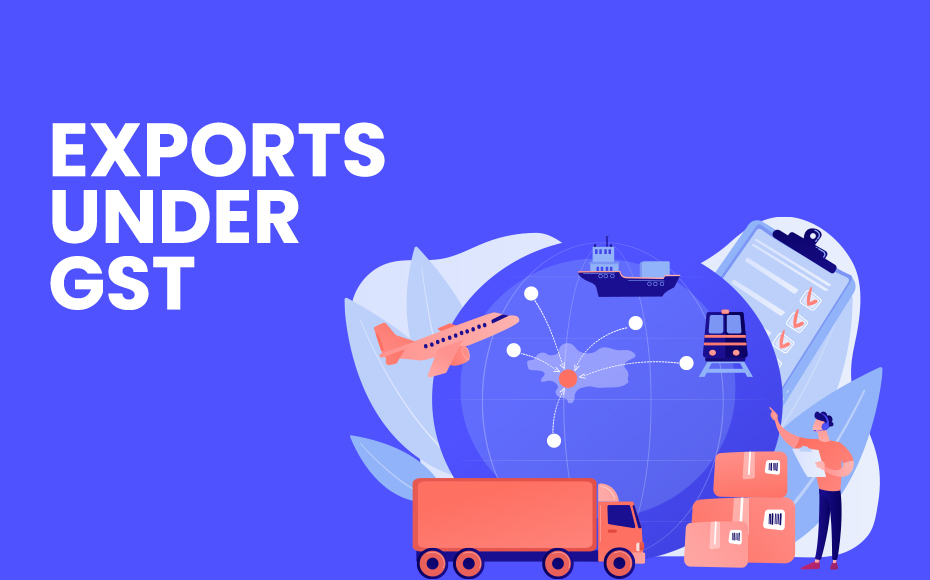
GST Registration Applicability – An Overview
GST registration is a legal requirement for businesses with an annual turnover beyond a certain limit. Registering not only ensures compliance but also assures legitimacy to the business. GST registration enables businesses to claim tax credit on any purchases made for business purposes which provides significant cost savings for the business.
Here are the sections 22, 23, 24 CGST Act, 2017 determining the threshold limits and Persons liable or not liable for registration.
Section 22: Threshold Limits
This section mentions the threshold limits for the states as shown below:

Computation of Aggregate Turnover:
The aggregate turnover is computed on an all-India basis for same PAN.
Following supplies are included while computing Aggregate Turnover.

It excludes the tax components such as the Central tax, State tax, Union territory tax, Integrated tax and Cess. Further, the taxable value excludes those purchases where the person is required to pay tax under reverse charge.
Special cases
- Explanation Regarding Exclusivity in Supply of Goods:
The explanation clarifies that a person will be considered engaged exclusively in the supply of goods, even if they are involved in exempt supply of services related to extending deposits, loans, or advances, as long as the consideration is represented by way of interest or discount.
- Transfer of Business:
The provision applies when there is a transfer of a business as a going concern from one taxable person to another, the person receiving the business (transferee or successor) becomes responsible for GST registration from the date of the transfer or succession.
Section 23: Persons Exempt from GST Registration

Section 24: Persons Liable for Compulsory Registration

- Inter-State Supplies:
Persons making an inter-state taxable supply of goods or services are required to take registration under section 24 (i), regardless of the threshold limit. Nevertheless, there are certain exceptions to this rule, including:
a. Persons making inter-state supply of services are not required to register if their aggregate turnover is less than Rs. 20 lakhs or Rs. 10 lakhs, as the case may be.
b. Persons engaged in inter-state supply of handicraft goods or specified products are not required to register if their aggregate turnover is less than Rs. 20 lakhs or Rs. 10 lakhs, as the case may be.
2. Casual Taxable Persons:
Casual taxable persons making a taxable supply of goods or services in a state or union territory where they do not have a fixed place of business are required to take registration under section 24 (ii), regardless of the threshold limit. However, there are some exceptions to this rule, such as:
a. Persons engaged in the supply of handicraft goods or specified products are not required to obtain casual registration if they supply goods outside the state or union territory, and their aggregate turnover is less than Rs. 20 lakhs or Rs. 10 lakhs, as the case may be.
b. Casual taxable person registration is not required for the movement of goods on an approval basis, provided that the invoice is issued at the time of delivery of goods.
- Reverse charge:
Persons who are liable to pay tax under the reverse charge mechanism on inward supplies of goods or services are required to take registration under section 24 (iii), regardless of the threshold limit.
- Services through E-Commerce Operator (ECO):
The rule applies to specific services listed in Section 9(5) of the GST Act. The covered services include:
a. Passenger transport by radio-taxi, motor cab, maxi cab, or motorcycle.
b. Accommodation services in hotels, inns, guest houses, clubs, campsites, or other places for residential or lodging purposes.
c. Housekeeping services such as plumbing and carpentering.
The ECO has to take mandatory registration and pay tax only if the turnover of the service providers is less than Rs 20 lakhs (or Rs 10 lakhs, depending on the specific threshold) and they are not required to take registration under Section 22 of the CGST Act.
- Non-Resident Taxable Persons:
Persons who are not residents but engage in the taxable supply of goods or services in India must register under section 24, irrespective of the threshold limit.
- Agents:
Only C&F (Clearing & Forwarding) agents who store and sell goods on behalf of the principal need to register under GST, even if their turnover is below Rs 20/10 lakhs per annum. Other agents who provide goods or services or both for other taxable persons, whether as an agent or not, do not need to register if their annual turnover is less than Rs 20/10 lakhs.
- Electronic Commerce Operator:
Any electronic commerce operator mandated to collect TCS under section 52, introduced through the CGST (Amendment) Act, 2018 effective from February 1, 2019, is liable for registration.
- OIDAR:
Compulsory registration is required for entities providing OIDAR services from outside India to individuals in India. However, this requirement does not apply separately if the individual is already registered under GST for other supplies.
Conclusion
GST registration is a cornerstone of tax compliance for businesses operating in the Indian economy. It not only facilitates seamless participation in the tax regime but also unlocks various benefits and opportunities for registered entities. By understanding the significance, process, and best practices associated with GST registration, businesses can streamline their operations, enhance credibility, and propel growth in a dynamic business environment.
Authors:
Jash Shah
Associate Consultant | Email: jash.shah@masd.co.in | LinkedIn Profile


.svg)

